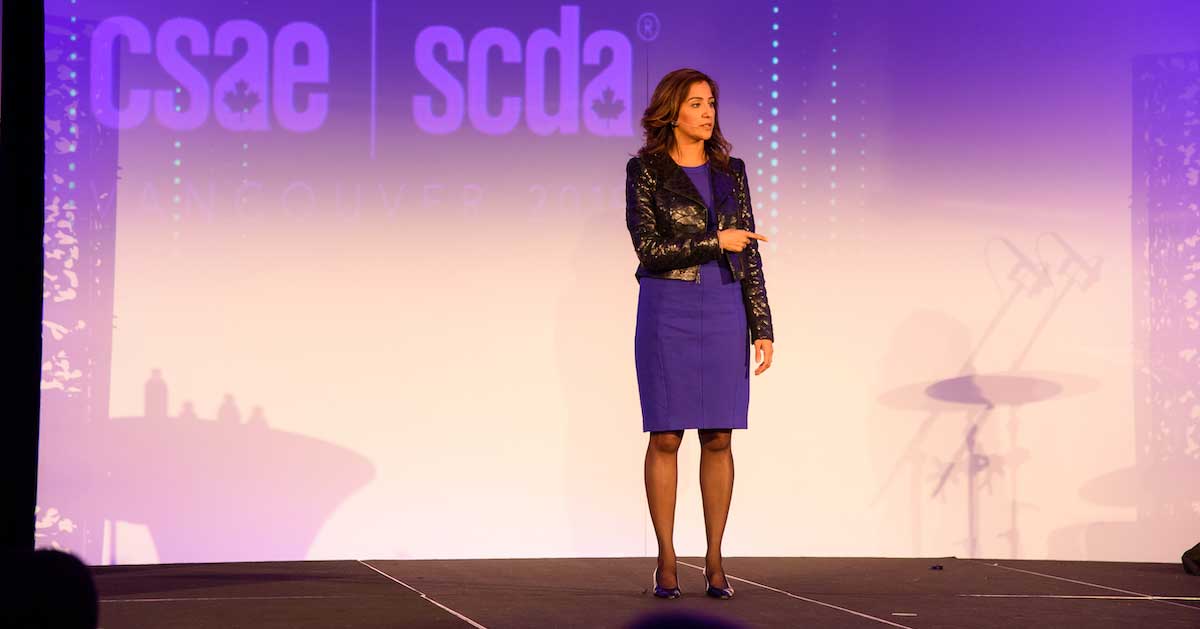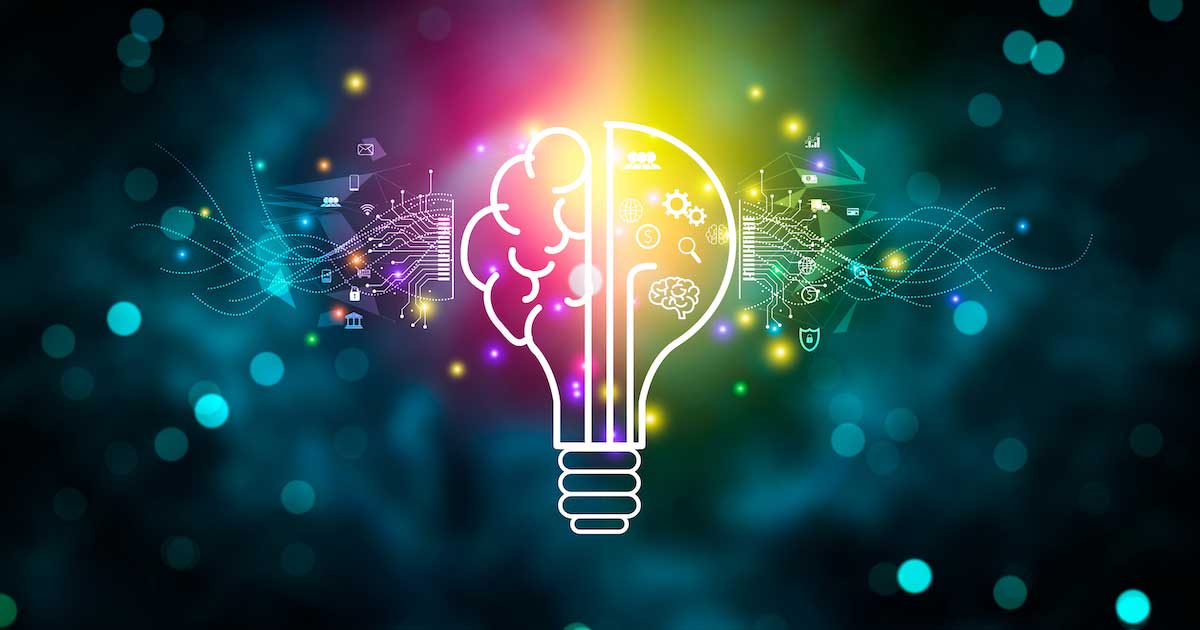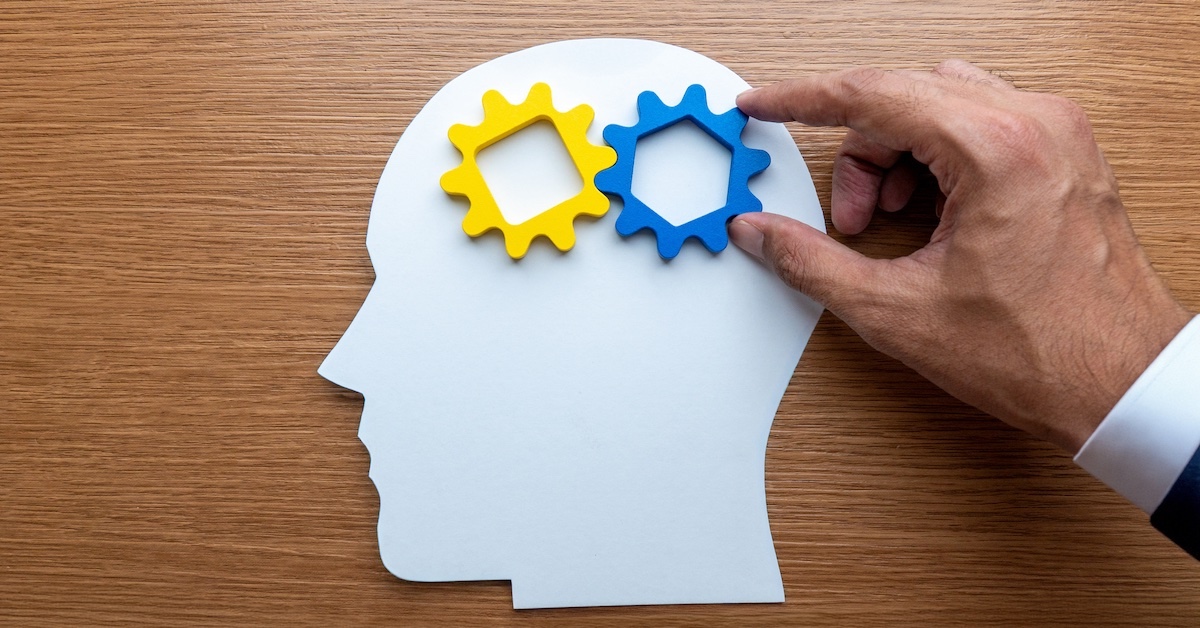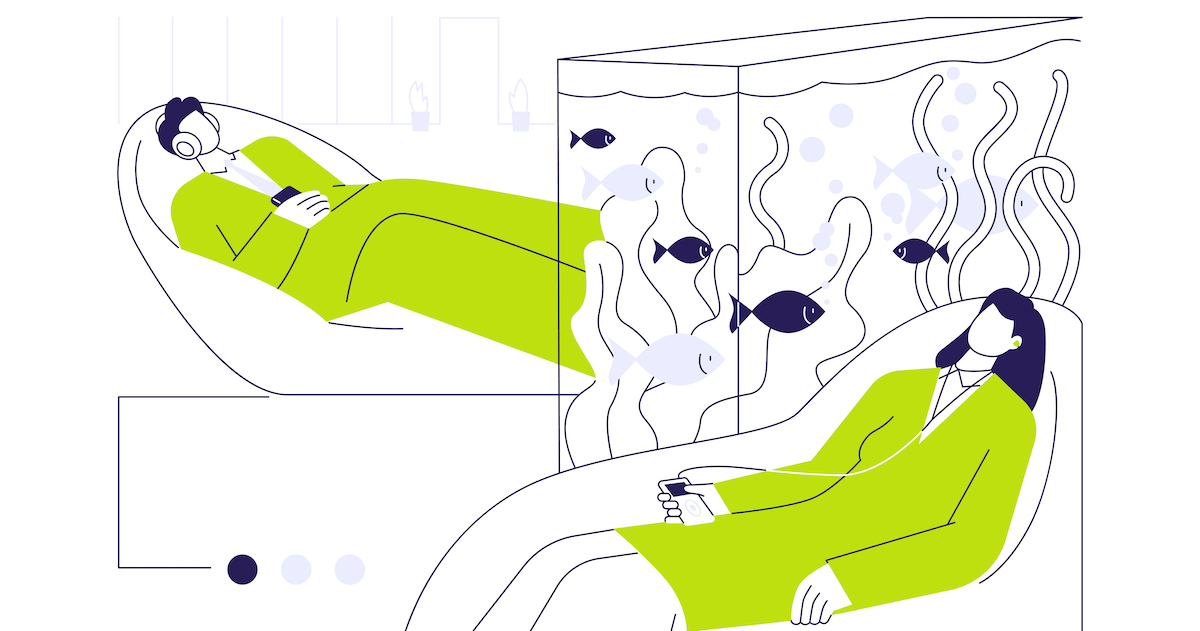There’s a unique connection between IMEX America keynote speaker Dr. Shimi Kang and British entertainer George Michael, who gained fame in the 1980s as a member of the pop music duo Wham!
When Kang was about 10 years old, her older sister, who taught science, asked what she wanted for her birthday.
“I was very interested in the human brain and how it how it functions, so I asked her for a model of the brain,” she says. “I named the brain George because I was a big fan of George Michael and Wham! At the time, I was very young, and it was all the rage.”
Kang still has the model brain.
“When we look at it and understand that this is the control center of our human lives, I think to me that was a pivotal point,” she says. “It’s my most cherished possession. I think that was really the launch of me wanting to pursue a career in neuroscience and psychiatry and really understanding how the brain works, behaviors, relationships and all of the factors—motivation in particular.”
Kang indeed followed her dream, becoming a Harvard-trained doctor, a researcher and a bestselling author and speaker. She’s the former medical director for child and youth mental health in Vancouver, a clinical associate professor at the University of British Columbia and founder of Dolphin KIDS: Achievement Programs, which offers positive mindset, life skills and social-emotional training for students, teachers and parents.
It’s been quite a life journey for Kang, who was the youngest of five to immigrant parents from India growing up in Calgary. She remembers her father dreaming of becoming a math teacher but driving a taxi and working at a mill.
“I would sit in the front seat with him sometimes and that’s where he would teach me math,” she says. “We would look at the fare and calculate [the cost], but that’s also where he taught me so many life lessons and how to treat people. My parents worked really hard. They had a strong sense of community and contribution.

“But given the fact they were so busy in some ways, I had a lot of free time. So, I really had imaginary friends and I explored. I had a real deep connection to nature and this balance between the responsibility to take care of certain things in the home, but also free time. I was never in a single scheduled activity. That takes me to the point that I talk a lot about now, which is downtime and not being overscheduled and having time for our brain to just wander and relax.”
Kang will deliver the keynote on Smart Monday, powered by MPI, on Nov. 8 as part of IMEX America at Mandalay Bay in Las Vegas.
She has pursued her career with passion, authoring two books, The Self-Motivated Kid and The Dolphin Parent, which became a No. 1 bestseller in Canada and won a 2015 International Book Award for Parenting and Family. As an expert on the neuroscience of innovation, leadership and motivation, she delves into science-based solutions for health, happiness and achievement.
Kang worked at the World Health Organization in Geneva in the 1990s, where stress was tabbed as the No. 1 health epidemic of the 21st century.
“We have to do a much better job,” she says. “We talk a lot about stress during the pandemic. Because stress erodes our physical and mental health, it was paradoxically increasing, so you would think in a world where we had more and more conveniences, you would think stress levels would go down, but it was very clear that stress levels were going up, particularly in developed countries. And along with that, we saw increases in anxiety, depression, addiction and stress-related physical health, things like diabetes and heart disease.
“Conferences and meetings are really providing a rich soil for that exchange of ideas, that diversity, that development of diversity of the species so that we can now adapt and innovate.”
“We have not been doing a good job. We’ve kind of relegated down time, nurturing ourselves, to something we do after our work is done. People who practice self-care are often viewed as lazy or not ambitious. But what we really need is play, which is the opposite of perfectionism, trying new things and making mistakes. That’s what leads to wellness ideas and innovation.”
Kang says there are paradoxical messages eroding our mental space—sleep deprivation being a symbol of ambition, being too busy being a symbol of importance. But she believes the conversation is elevating and people are having these discussions, especially when it comes to young children and the intersection of technology.
“Technology is the fire of our time,” she says. “Early humans innovated and learned to harness the power of fire and those that did it well went further and farther than ever before, and those that didn’t know how to do it well got burnt and burnt down the village and had devastating effects.
“This phone is the fire of our time. Those that know how to use it well will definitely go further and farther. We’ve seen that in the pandemic, those that could innovate and get on Zoom and just adapt. But if we’re not using it well, it will erode our physical and mental health.”
Kang says technology use is linked to anxiety, depression, body image disturbance and sleep deprivation. The blue light exposure is affecting our circadian rhythms. In her book The Tech Solution: Creating Healthy Habits for Kids Growing Up in a Digital World, she called for a tech diet.
Dr. Shimi Kang, IMEX America keynote speaker. Learn more about the Harvard-trained physician, author and global entrepreneur.
“We [should] really look at this, not from a point of screen time, but screen quality, and guide ourselves and young people to consume healthy tech,” she says. “Healthy tech is made up of endorphins, oxytocin and serotonin. These might be neurochemicals you’ve heard of, but any tech can lead to self-care. A Fitbit counting your steps, a mindfulness app, sleep that actually is good for us, we get a hit of endorphin. We want any tech that leads to meaningful connection.”
Facetiming a friend or grandparents or videoconferencing conversations can increase oxytocin. Think about technology that leads to creativity or mastery. Building your own website, editing your own photos as opposed to “mindlessly scrolling through someone else’s” can result in serotonin.
“We want to limit and monitor that junk tech, just like junk food, right? That’s the sugar, that’s the dopamine,” Kang says. “The mindless scrolling, just zoning out when you’re on Twitter or video games or YouTube. A little bit is OK, we all do that. I do like pizza and chips on a Friday night, but we have to monitor and limit the junk tech, the dopamine, and completely avoid the toxic tech.”
IMEX will be her first live presentation since the pandemic began and she recognizes what meeting professionals have been through over the last nearly two years.
“Even though it’s been difficult, we’ve developed more of those neuropathways of adaptability,” Kang says. “If people remember Darwin, one is survival of the fittest, the other diversity of the species. So, we’re meant to be different and we’re meant to interact with each other and people who are different. So, conferences and meetings are really providing a rich soil for that exchange of ideas, that diversity, that development of diversity of the species so that we can now adapt and innovate.”
Keynote speakers at IMEX America
Nov. 8-10, 2021
Mandalay Bay, Las Vegas
Nov. 8, Smart Monday powered by MPI: Shimi Kang, Harvard-trained physician, author and global entrepreneur
Nov. 9: Radha Agrawal, co-founder, CEO and chief community architect of Daybreaker
Nov. 10: Erik Qualman, author, Socialnomics thought leader







